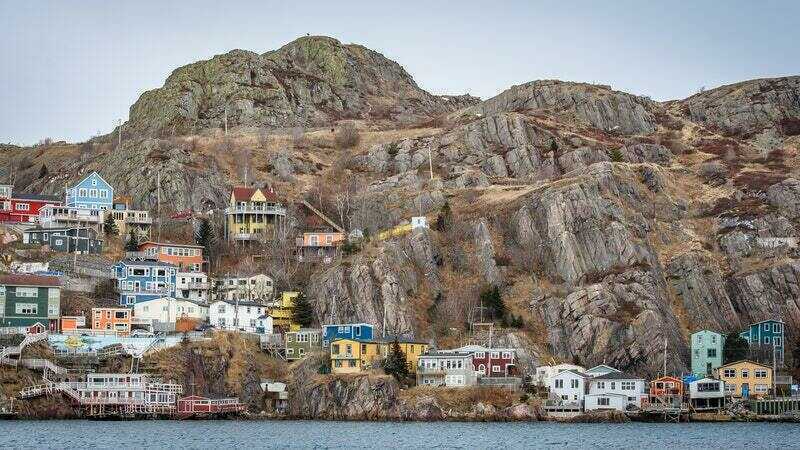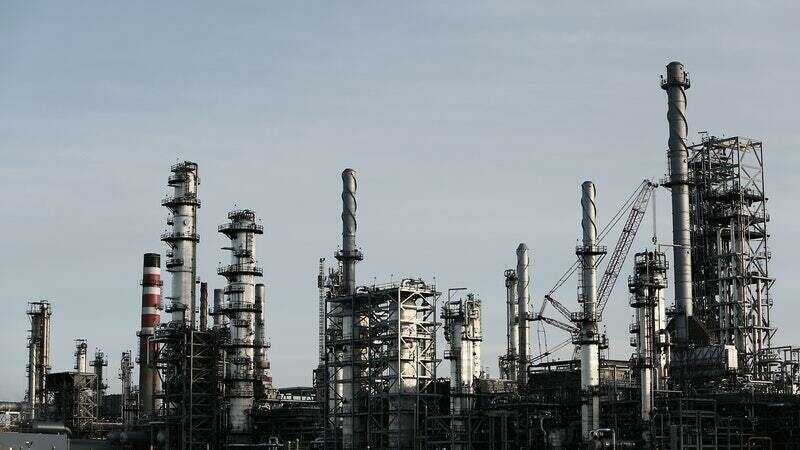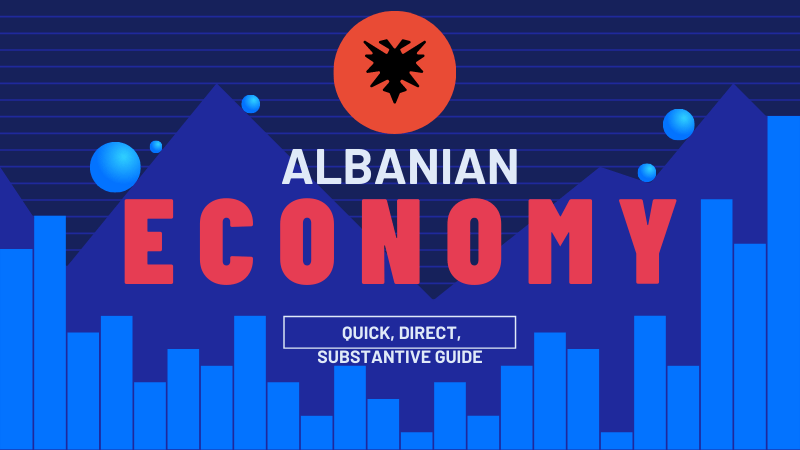The Albanian economy has had some ups and downs in its time, more so than other countries in Europe. The reasons are myriad, and today we’re going to do a deep dive exploring some history, sociology, and politics. If that is something you are interested in, then continue reading below to uncover some of the most interesting things related to this topic.
Albanian Economy: General Overview
Historically, Albania has been one of the poorest countries in Europe. Over the last 100 years, the Albanian economy’s main change has been from a centralized economy to a free market. As things stand, the construction of its economy looks like this: 54.1% service sector, 24.2% industrial, and 21.7% agricultural.
Albania has many natural resources, including lumber, oil, cement, mining, and petrol.
Not to be overlooked is tourism, with 5 million tourists visiting the country annually. That’s great when you consider the population is 2.5 million. For every citizen, there are two tourists!
From Communism To Capitalism
As mentioned in the intro, the story of the last 100 years has been the transition from communism to Capitalism. Communism was characterized by state control of the entire economy.
The initial picture of communism was quite rosy from an economic standpoint. However, after world war 2, there was genuinely some mystery around whether the Soviet-Style plan would work or the American style.
Around the 1970s and ’80s, cracks began to show in the soviet style of doing things, and then with the fall of the Berlin Wall, communism completely fell apart in Europe.
The transition was terrible for the Albanian economy, which had a knock-on effect on the Albanian people. In 4 years, GDP fell by half, and 100’s of thousands left, most to Italy and Greece, reducing the country’s population.
1993-2000
Several highly complicated changes took place from 1993 onwards commonplace with capitalist economies, including a price and exchange system, monetary restraint, and privatization of national industries. It took until 1999 for economic recovery from the early decade crisis. That meant a drop in inflation, a stabilization in the currency, and a curtailment of corruption.
2000 Onwards
When Albania dropped communism, it gained backing from the IMF and World Bank, which improved the business environment and spurred faster GDP growth. Its two biggest national banks were also privatized and sold to larger firms abroad, and that caused an explosion of foreign investment and job creation. This time also saw Albania’s tourism market explode, which gave the country much more of an international feel and led to macroeconomic stability and technical assistance from international backers.
Albania applied to be in the European Union in 2009. Unfortunately, the process is still ongoing. The first step is to receive official candidate status, which they did in 2014. However, since then, Albania has been rejected twice because of fears from the member states. These fears include free and fair elections and political involvement in legal cases.
Stand Out Products
Albanian wine is exceptional and some of the oldest globally, dating back at least 3000 years. In 2009 they produced 17500 tonnes. The weather for growing wine is perfect in Albania because the winters are mild, and the summers are hot and dry.
Tourism
As we mentioned earlier, tourism has exploded in Albania in recent years. It now accounts for about 6% of GDP. Some excellent news from the country was when it was recommended by Lonely Planet as a top destination and then in 2014 by the New Tork times as the number 4 global destination.
The main reason for Albania’s tourist success is the beauty of its coastline. The Ionian sea coast is known as the Albanian Riviera.

Energy And Oil
Albania is 100% reliant on hydroelectricity. A unique position in the world.
Albania has no nuclear power plants. There was talk of building one in 2007 with a plan to export power; however, it never came about.
Albania has massive oil deposits. Many of these have come under speculation from Chinese interests, including the geo-jade petroleum company. It remains to be seen what kind of impact it will have on the environment.

Learn Albanian With Ling
Let Albania’s economic growth match your language learning growth.
Albania has a thriving economy, particularly when you consider its turbulent history. Albania is becoming an increasingly profitable place to do business and set to become even more so when they’re accepted into the European Union.
As you’ve also seen by our figures, you’re missing out if you don’t think about visiting Albania as a tourist. In the coming years, expect to see numbers keep climbing past 5 million as the world recovers from COVID. So, that’s why learning Albanian is such an important thing. If you can speak a little bit of the language, you will be able to communicate so much better with the locals, whether to do business or for tourism purposes.
The Ling App is a great place to start. We have level-appropriate content, so you can start very easily and graduate to ever-increasing complex vocabulary. We also have speaking, listening, reading, and grammar practice. A feature we’re particularly proud of is our A.I. that allows you to practice your conversation with our bot. It’s almost as good as having your own Albanina teacher! So, what are you waiting for? Download the Ling App by Simya Solutions today!
Also, don’t forget to keep following our blogs. Our last two have been about the Albanian government and Albanian ethnic groups.


































































